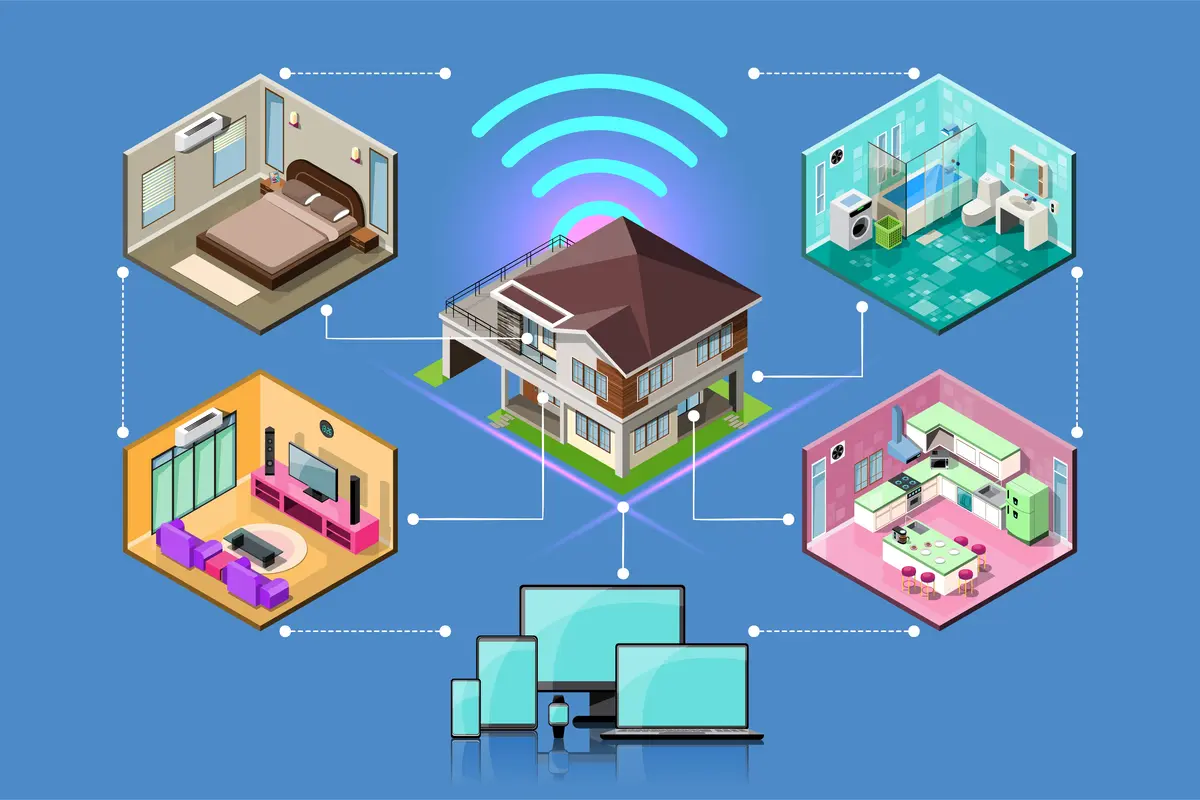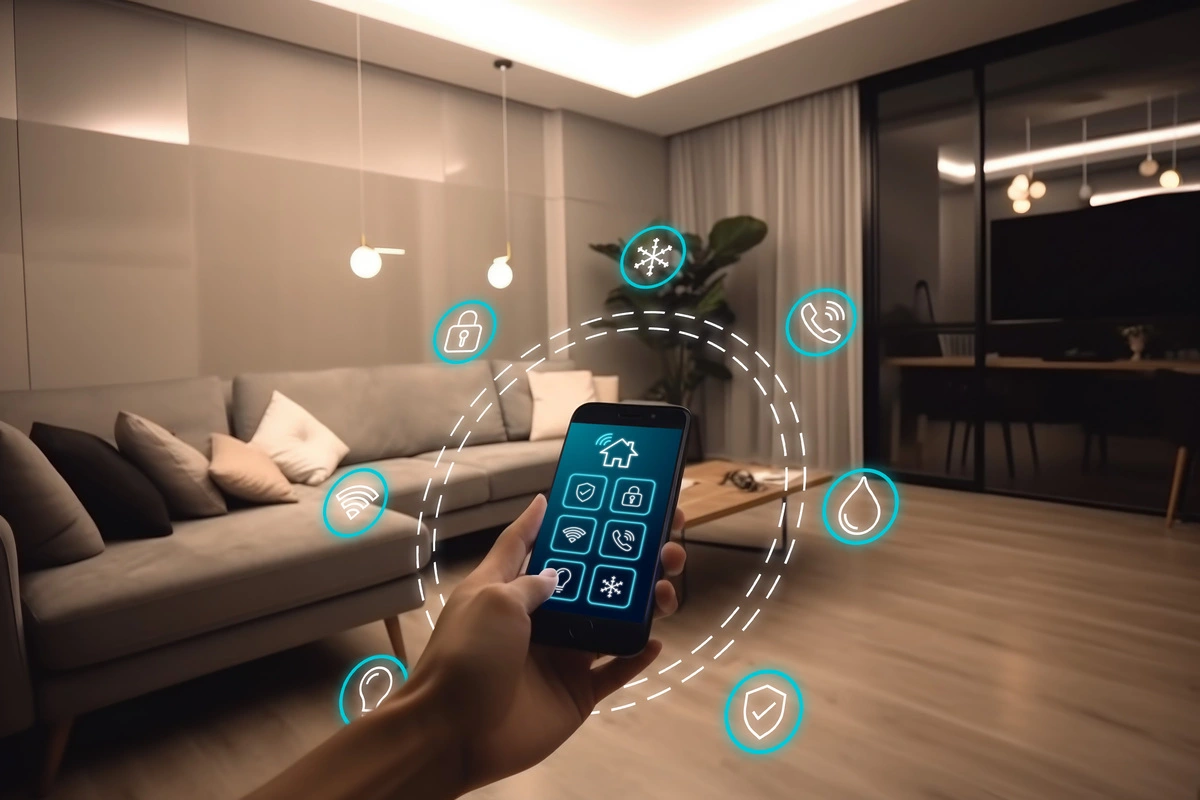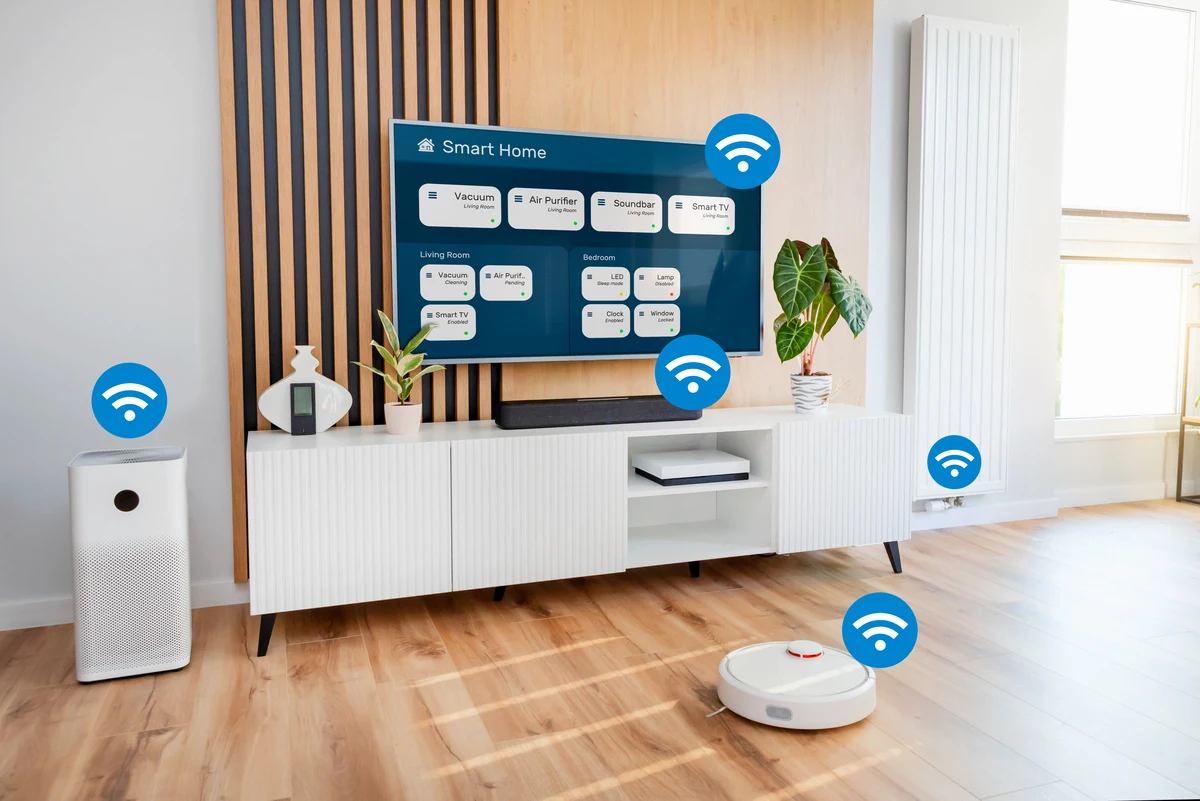In this age of hyper-connectivity and the Internet of Things (IoT), the rise of smart homes has been nothing short of revolutionary. Smart home technology offers a future in which our homes work in sync with technology, simplifying daily tasks, increasing comfort, and even saving energy.
At the heart of this future environment is the smart home hub, a critical component that manages the symphony of your smart devices.
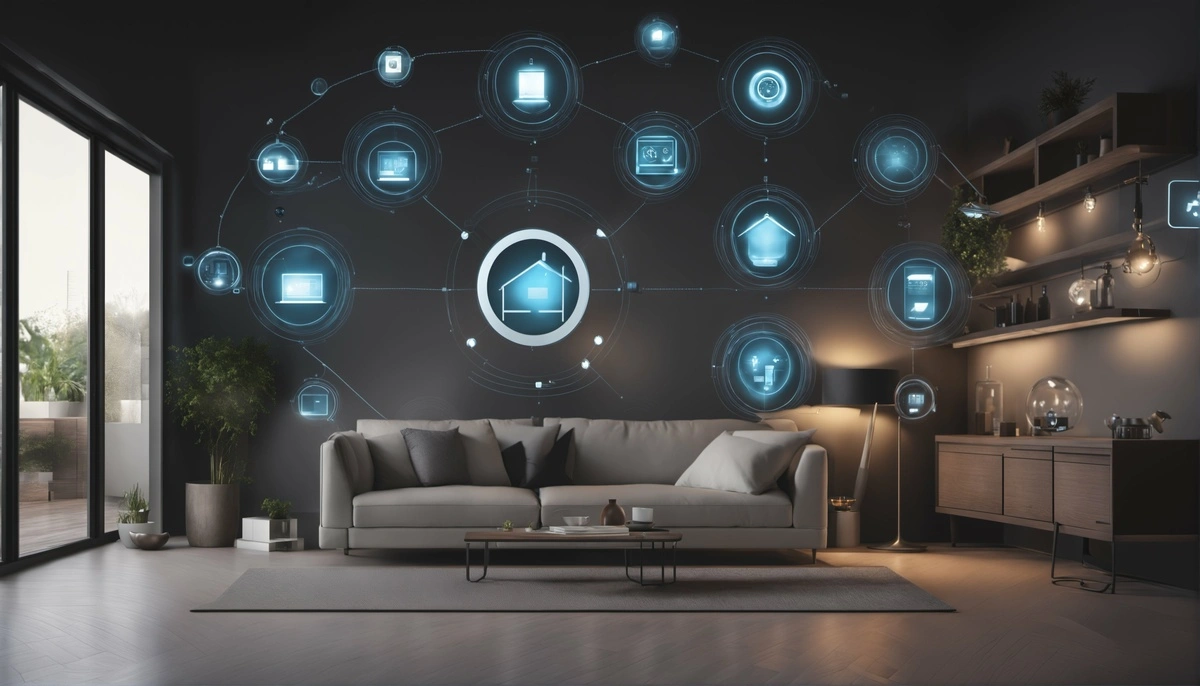
What is Smart Home Hubs?
Imagine a brain that not only thinks but also communicates with all of your body’s parts, making sure that every limb operates properly without conscious effort. A smart home hub, like this brain, functions as the command center for all of your smart home devices. The smart home hub is where your smart lights, locks, thermostats, and other devices communicate and receive instructions.
Smart home hubs are smart devices help to create a unified environment in which your smart devices can function efficiently and comfortably. They not only add a remarkable layer of technology to your home, but they also hold up the promise of simplification and harmony in a complex digital ecosystem.
The Importance of the Smart Home Hub
Individual smart devices are convenient, but their actual power rests in their ability to work together as a system. Here’s where the smart home hub comes in. It serves as a central hub, connecting your smart devices and allowing them to function perfectly. This creates the way for a more efficient and automated home environment.
The ADHD of Smart Devices
If there isn’t a central coordinator, smart devices could end up like people with attention deficit hyperactivity disorder (ADHD): they can do their jobs, but they can’t work together without making a mess. Getting this digital chaos under control is what the smart home hub does. It’s essential for the smooth running of your home’s automated systems.
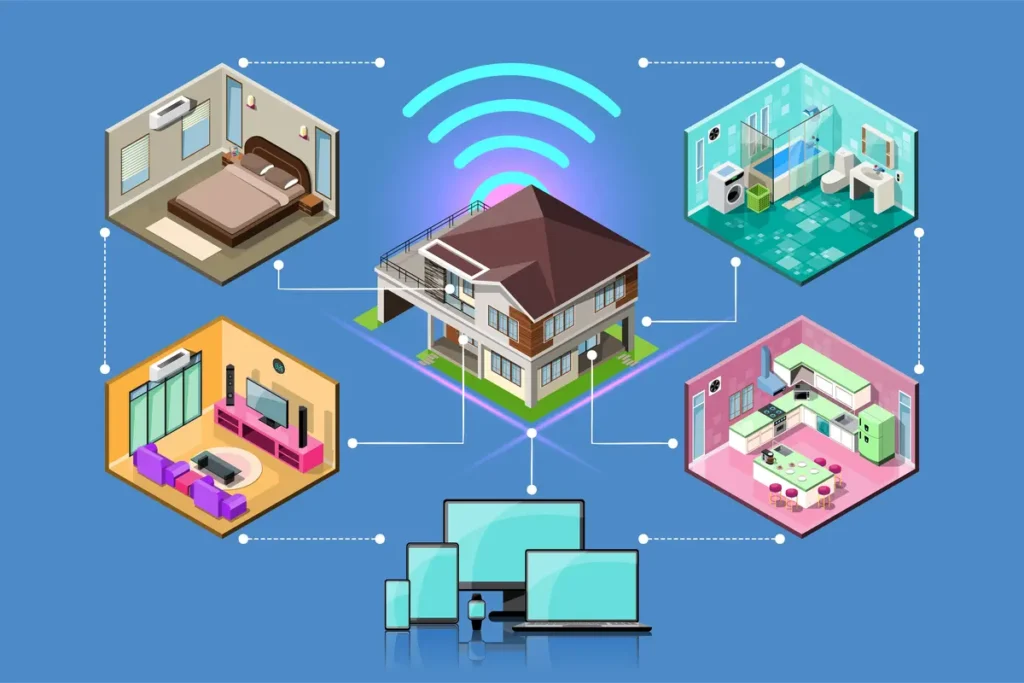
Technical aspects for smart home hubs
Hardware vs Software Smart Home Hubs
Smart home hubs that use software usually run on hardware that you already have, like a tablet or a multimedia centre. These are often cheaper, but the tech they run on may limit how well they work. On the other hand, dedicated hardware hubs are built to do just that, so they are more reliable and work better, but they may cost more.
Connectivity is Key
Smart home hubs generally link to the internet via Wi-Fi, allowing for remote access and control. However, many smart home devices, particularly those with minimal power consumption, use the Zigbee or Z-Wave protocols. A smart home hub must be capable of handling all of these modes of communication in order to streamline the complicated network of devices.
Protcols and connectivity
Smart home hubs allow devices connect to each other by following a protocol, which is a set of rules for how they should talk. Z-Wave and Zigbee are the most popular ones for smart home devices because they use little power and work with a lot of other devices. Setting up devices usually involves “pairing” them with the hub, which creates ways for them to talk to each other.

Choosing Your Smart Home Hub Wisely
It is very important to choose the right smart home hub for your needs. There are a lot of choices, so here are some points to keep in mind as you make your choice:
Looking to the Future
The smart home hub you pick should not only work with the technology you already have, but it should also be able to handle new technology as it comes out. A smart home hub that is ready for the future should be able to handle new devices, update firmware, and work with new protocols.
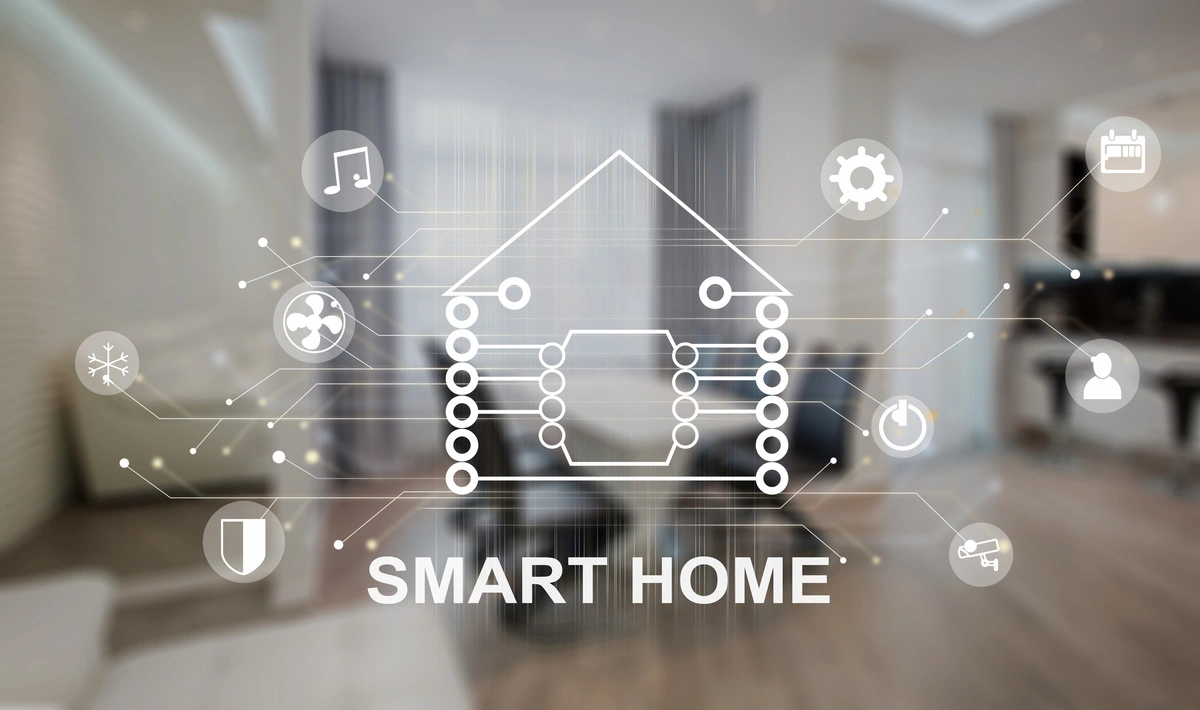
Beginning the Journey to a Smart Home
Getting your smart home hub is the first thing you need to turn your house into a smart haven. There will be more moving parts in your ecosystem as you add more “smart” things, but the right hub will adapt to the needs of your home.
Start Small, Scale Smart
Start with a few basic devices and make sure they work together and are easy to use. Starting small helps get rid of any bugs in the system before a big growth.
Plug and Play
Newer smart home hubs now offer a plug-and-play experience, which makes setup much easier for people who aren’t tech-savvy.
Exploring Advanced Features
In the world of technology, being an early user can be hard. But today’s smart home hubs are made so that even the most advanced home automation features are easy for the normal person to use.
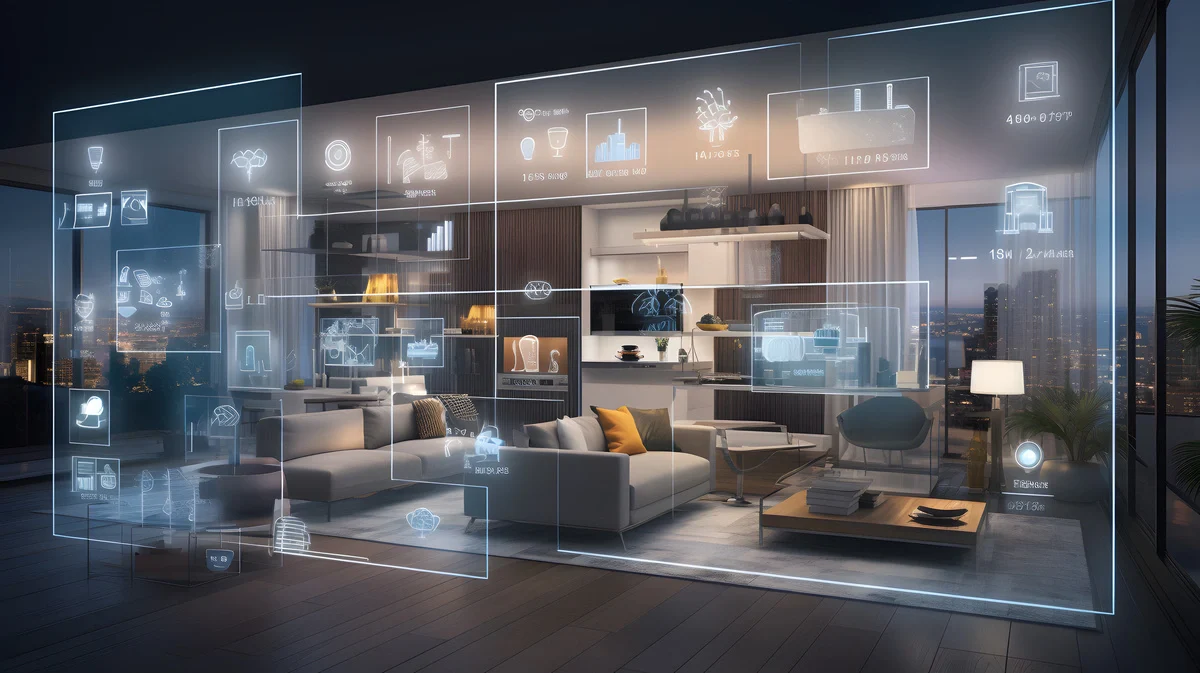
Looking into the Future — Smart Homes and Smart Hubs
The world of smart homes is continuously changing, and the function of smart home hubs will likely take interesting turns. The future looks bright for smart home hubs and the control they make possible, with AI getting smarter and processors getting faster.
The Need for Interoperability
The push for device interoperability is expected to play a greater role in the development of smart home hubs. More and more people will use standardized communication protocols and language translation, which will make life easier and more linked.
Security and Trust
There are a lot of devices in our homes that can listen and learn, so security and privacy are very important in the smart home ecosystem. It’s possible that user privacy and system security will be more important in future smart home hubs.
Artificial Intelligence Integration
More AI-powered features are on the way, and smart home hubs will learn and change based on your habits and tastes. The control and customization of your smart home experience will get even better with machine learning.
To sum up, smart home hubs are what make home automation work. Not only do they combine the features of all your smart devices, but they also make sure that they work together to make your home not only smart, but truly intelligent.
Smart customers and tech fans are starting to see how useful a smart home hub can be for their homes in order to prepare for the future. Now is the time to join the smart home change, whether you want to start small or improve what you already have.
